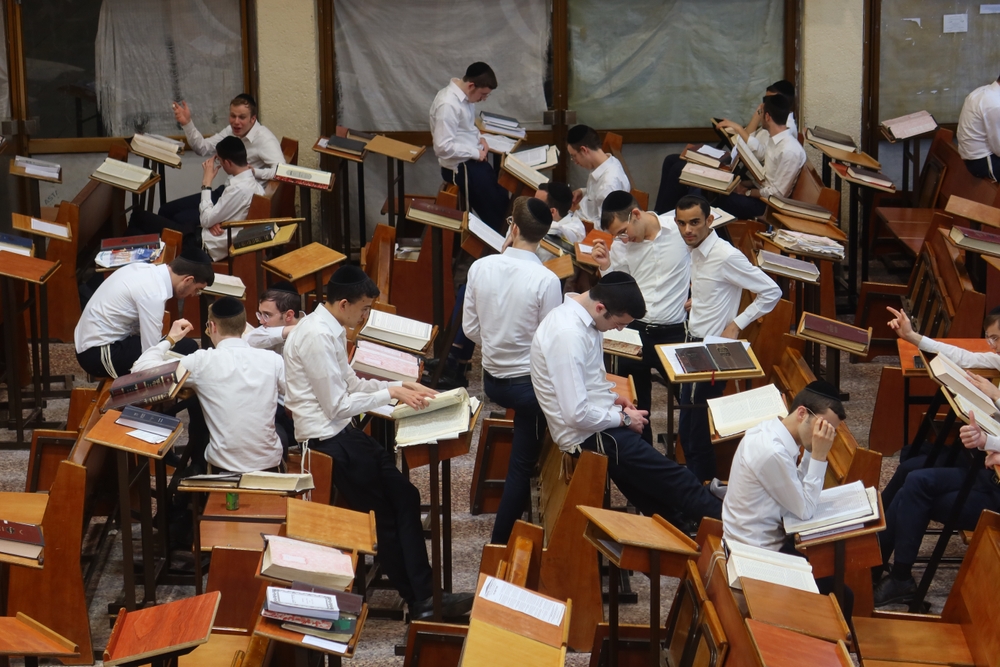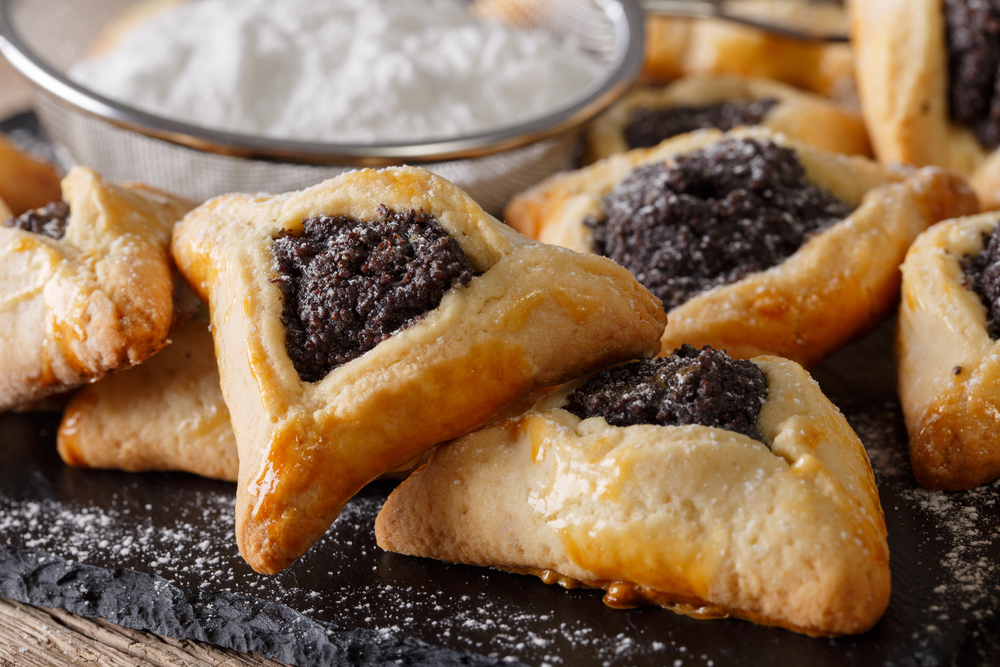In this week’s Torah Portion, Parshat Shelach, Hashem gives permission to Moshe to send twelve spies into the Land of Canaan as they are about to enter the land. They return forty days later with huge grapes, pomegranates and figs and report on the land, which is “flowing with milk and honey.” Ten of the spies warn that the land is settled with giants, “the land swallows up its inhabitants” and they are not prepared to overcome them militarily. Rashi tells us that the spies failed to realize that Hashem caused many people to die while the spies were traveling so the Canaanim would be so busy with funerals that they would not notice the spies. This comes to teach us that there are always different ways to look at the same situation. Ten of the spies chose to take the negative approach. Only Calev and Yehoshua insist that the land can be conquered, as Hashem has commanded, and the people suggest that they be stoned for their words.
The Jewish People cry that night and say that they would rather return to Egypt than enter the Land of Canaan (Israel). Hashem decreed that because the people cried for no reason that night, it would become a day in history for much reason to cry – that night was Tisha B’Av (the 9th of Av on which both Holy Temples were destroyed, among other terrible calamities). As a punishment, Hashem decrees that this generation would wander the desert for 40 years and die in the wilderness before the Jewish People enter the Land of Israel, with the exceptions of Calev and Yehoshua. A group of Jews try to run toward Canaan against Hashem’s will and are killed.
Hashem then gives special rules regarding meal, wine and oil offerings that are given only in the Land of Israel. We also receive the mitzvah of separating challah, a portion of the dough when baking bread, for the Priest (today the pieces of dough are burned). A man is seen breaking the rules of Shabbat by gathering sticks publicly and is brought to Moshe – he is executed for his sin. Finally, the mitzvah of tzitzit, tying blue (ticheilet) strings on the corners of four cornered garments is given in this week’s Parsha. When we see the tzitzit, they remind us to fulfill the mitzvot that Hashem has given us and not to follow the desires of our hearts.
There are many symbols in this week’s Parsha! Grape-heads and pomegranate candies remind us of the giant fruit that the spies brought back from Israel. If you would like to serve healthy treats, grapes, pomegranates and figs are all good choices. Giant Boulder Bites can symbolize the giants and giant fruit species in Israel and the desire of the people to stone Yehoshua and Calev when they insist that the Land is good. Some of them also look like figs! Honey candies and white pearls can represent the words of the spies that Israel is a “land flowing with milk and honey.” Gummie bones can symbolize the funerals that the spies saw in Israel that were there so the people would be distracted and not notice the spies and could represent the people who would now die in the desert rather than enter the Land of Israel. Cry babies remind us of the night of crying that the Jewish people had in this week’s Parsha and the decree that Tisha B’Av would continually be a night of tears for the Jewish People. Marzipan challahs remind us of the mitzvah of challah given in this week’s Parsha. Pretzel sticks remind us of the man who was gathering wood in public on Shabbat and was executed for his crime. Finally blue sour belts can symbolize the blue “ticheilet” strings tied on four cornered garments – the mitzvah of tzitzit also given in this week’s Parsha. Do you have other ideas for symbolic treats from this week’s Parsha? Please share them in the comments section below!
Shabbat Shalom,
Shayna Levine-Hefetz



Paul Y
says:Without food Jews would not be Jews. I wonder if we aren’t here only people that use food to symbolize food